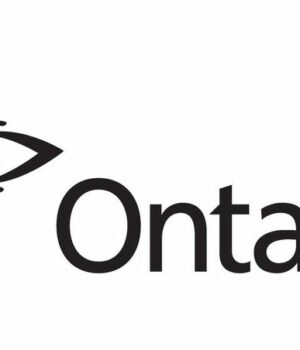ONTARIO — On Tuesday, John Yakabuski, Minister of Natural Resources and Forestry, announced Ontario is taking action to improve the system for moose harvest management and ensure a sustainable moose population.
“We’re taking a smarter approach to moose harvest management to deliver on our commitment to make moose hunting fairer and more accessible while ensuring the sustainability of our moose population,” said Minister Yakabuski. “Our government recognizes the importance of moose hunting to Ontario families and communities, and we want to ensure Ontarian’s have opportunities to get outdoors and enjoy our natural resources today and long into the future.”
The Township of Whitewater Region is Wildlife Management Unit (WMU) 59. The changes were informed through consultation with the Big Game and Management Advisory Committee (BGMAC) and include further restrictions on calf hunting so more calves have a better chance of reaching adulthood; moving from a draw to a points-based system that will give preference to applicants who have been unsuccessful in getting a tag for the greatest number of years; and fee restructuring for licences and tags.
New bow hunting seasons and quotas have been created in WMUs 46, 47, 49, 50, 53, 54, 56, 58, 59, 60, 61, 62 and 63. The southern Ontario bow hunting season for moose in WMU’s 46 to 50 and 53 to 63, will be seven days long and begin the first Saturday in October. This is an approved change for this year.
Moose harvest will be managed with bull tags, cow/calf tags, and calf tags, with WMU-specific calf tag quotas across the province. A cow/calf tag could be used to harvest either a cow or a calf, a bull tag could only be used to harvest a bull moose and a calf-specific tag could only be used to harvest a calf. Bull and cow/calf tags will be season-specific (bow or gun season), but calf tags could be used over the full length of the season within that WMU.
The moose hunting licence will change to a product that allows hunting of moose but does not come with a tag that would allow the harvest of a moose. The resident moose hunting licence fee will be reduced to $35. A hunter can purchase a moose hunting licence to party hunt with another tag holder but won’t be required to purchase a moose hunting licence to apply for a tag.
A new point-based moose tag allocation approach will be implemented. The current moose tag draw will be replaced with a new point-based process as described in the proposal with the clarifications and minor modifications noted below made after consideration of comments received. A detailed description of the process will be available later in 2020 at Ontario.ca/moose.
Non-resident landowners and immediate relatives of Ontario residents will only be able to acquire their own tag to hunt moose by purchasing a hunt from a tourist outfitter. A non-resident who is an immediate relative of an Ontario resident who holds a moose tag may purchase a non-resident moose hunting licence to party hunt with their relative.
Hunters have expressed concerns about the timing of the gun hunting season for moose in southern Ontario since it was changed in 2017. These concerns were reiterated during consultation on the Moose Management Review changes and since. With the implementation of calf tag quotas across the province, the season will be shifted back to its previous start to begin the third Monday in October.
Proposed changes which were not approved are more restrictive party hunting rules for moose hunters. According to the Province, after consideration of comments received, the current party hunting rules for moose hunters will be maintained.
Ontario will continue to conduct moose aerial inventory surveys in specific areas each winter, which will help estimate moose population status and trends to ensure continued sustainability of moose in the province.







![Kenopic/Smith Auction [Paid Ad]](https://whitewaternews.ca/wp-content/uploads/2018/10/advertising-100x75.jpeg)

